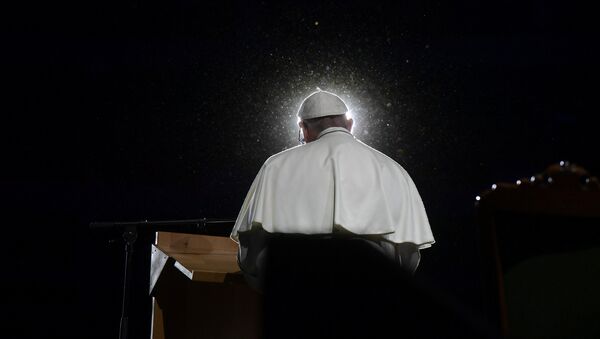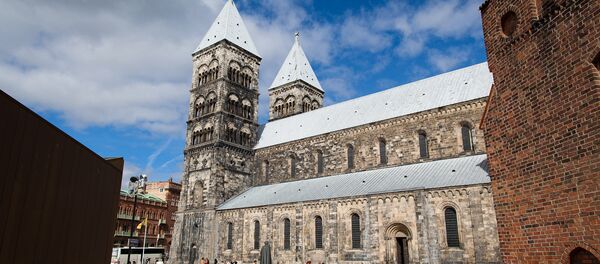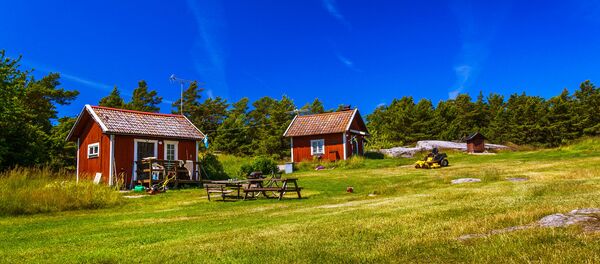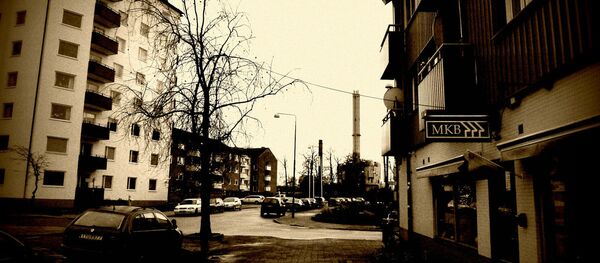Remarkably, a visit to Sweden, which in recent years emerged as a leading campaigner for immigration, marked a turning point in the pontiff's philosophy, Swedish news outlet Fria Tider reported. By coincidence, Pope Francis visited Malmö, which is widely celebrated as Sweden's most multicultural city, yet is also facing the toughest integration problems, with more than a half of the population being of immigrant descent.
Accordingly, Pope Francis shed his undiscriminating approach and instead insisted on the importance of distinguishing between migrants and refugees, suggesting that they represent very different problems. This distinction echoed complaints from European tax-payers that many migrants flock to Europe to take advantage of its wide-ranging social welfare benefits, Thomas D. Williams, Rome-based Catholic theologian and professor of Ethics at the University of Saint Thomas, wrote in Catholic newspaper Crux.
According to Pope Francis, failure to properly integrate immigrants may give rise to subcultures where foreigners stick to their customs and neglect the need to adapt to the ways of their new homeland, creating in effect ghettoes. This was a clear reference to Sweden, which is struggling with numerous so-called "no-go zones" where law-enforcement authorities only have limited impact and which are feared to become a breeding ground for terrorism and extremism.
"What is the danger when a refugee or migrant is not integrated? He becomes ghettoized, that is, he enters a ghetto. And a culture that does not develop in relation with another culture, that is dangerous," Pope Francis said, as quoted by the Catholic newspaper Crux.
Påven Franciskus är i Sverige https://t.co/WZ64MgLSB7 pic.twitter.com/MbevwUP7R2
— RS på lätt svenska (@RSlattsvenska) October 31, 2016
Finally, the pontiff argued that an "open hearts" policy, which Sweden has incidentally pursued for the last decade, should not overshadow political prudence. According to the pontiff, European nations have the moral right to close their borders once they feel that they are no longer able to accommodate and integrate newcomers.
"And if a country is only able to integrate twenty [refugees], let's say, then it should only accept that many. If another is able to do more, let it do more," the pontiff said.
Last year, Sweden, a Nordic nation of roughly 10 million, took in a record 163,000 asylum-seekers and has since proven unable to integrate all the newcomers. As of summer 2016, fewer than 500 had managed to get a job and were paying taxes, leaving the overwhelming majority dependent on the welfare system.
The city of Malmö, which Pope Francis visited in early November to mark the 500th anniversary of the Reformation, is Sweden's most multicultural city. Whereas it is home to people from 174 countries and speakers of 150 languages, it also embraces some of Sweden's most nefarious "exclusion areas" marked by violent crime and budding extremism.





